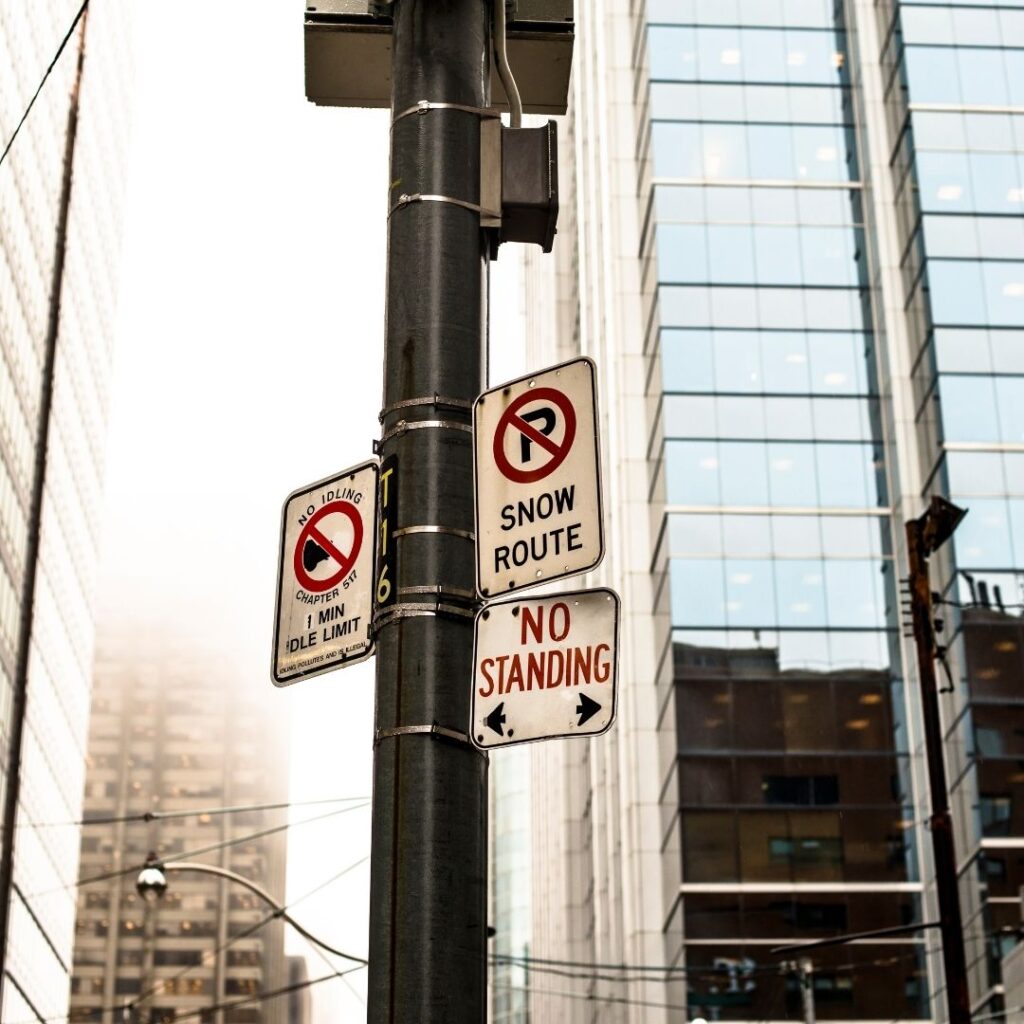Q & A: Straight Answers to Hard Asked Questions
Question from Daniel T., Condominium Property Manager, Mississauga, Ontario
Q: I really enjoy reading your magazine. The articles are very helpful. I recently had two Peel Regional Police officers attend my office asking for information on a tenant. They were in plain clothes but showed me their badges. When I asked them why they needed the information, they advised that they couldn’t tell me but said it was part of an ongoing investigation. I felt uncomfortable, so I called my Regional Manager, who spoke with the officers who told them that we couldn’t provide them with any information. My question is when we are allowed to provide information and when are we not.
A: : This is a great question, and something Riskboss gets called about regularly.
In short, Property Managers are the gatekeepers of private information that cannot be release to anyone without authorization.
It includes the police, government officials, bailiffs and sheriffs, law firms, etc.
Police can only obtain this information under two circumstances:
- When the police declare an emergency – at that time you must release the information
- When the police have a judicial authorization such as a warrant – after receiving a copy of the warrant you must release the information
Often police officers will try and obtain information without a warrant as it is the path of least resistance for them.

Getting a warrant is very time consuming, and there is no guarantee that a Justice will support the police depending on the circumstances. It is unfortunately problematic for the police. However, because there are many instances that, if the information is provided, their case may be jeopardized by the fact that it was obtained without authorization.
Releasing any information without authorization can lead to unintended consequences, including civil action.
Condominium corporations, commercial properties and all businesses should create a policy regarding the release of private information that includes limitations for everyone.
Question from Stephen N., Condominium Resident in Midtown Toronto, Ontario
Q: My wife and I are tenants in a midtown condominium building in Toronto. We have been here for many years and have watched the population density explode in the Yonge and Eglinton area. Our street is routinely clogged with delivery trucks and illegal parkers. It is often hard to get home in our car because the streets are constantly blocked. What can we do about it?
A: This is another great question that often comes up during our meetings with board members when Riskboss conducts risk assessments.
Local City Councillor Josh Matlow recognized the urban sprawl in your neighbourhood and has concerns about what seemingly is the never-ending development outpacing the ability for the City to deal with infrastructure and services.
Generally, most people will contact the police, or in the case of Toronto, the 311-complaint line. This, however, will not address the root cause of the issue. The cause of the issue in your neighbourhood is that street parking prohibition signage has not been changed despite large buildings being built. The current street parking designations are generally “No Parking” which allows for delivery trucks and vehicles to stop in areas while loading and unloading parcels.

It must be changed to a “No Standing” designation to prohibit delivery vehicles from monopolizes side streets. A ‘No Standing’ designation allows vehicles to pick up and drop off passengers but not stop for picking up or delivering parcels.
Riskboss recommends that the Board and property management engage with local councillors to change street parking designations.
It will provide the police and parking authority with the proper tools to do their jobs and, in doing so, help alleviate the problems.
——-
Contact Riskboss for complimentary notifications of upcoming Riskboss Alerts and keep informed about important issues facing communities and organizations.
Got a question? Write to us at [email protected]
